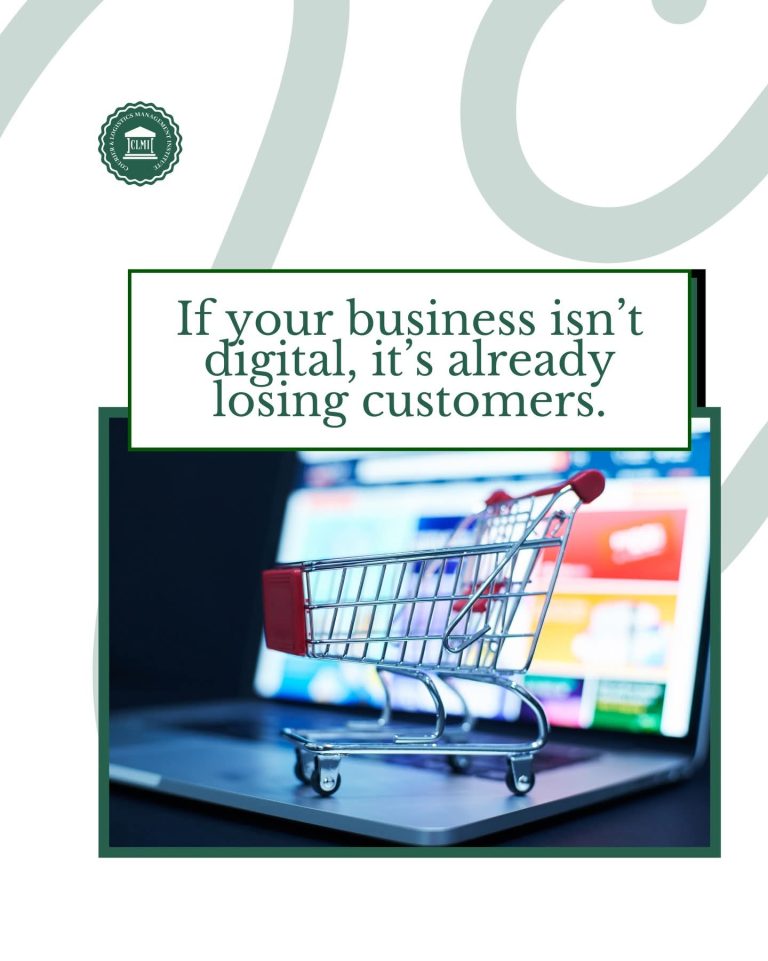

The Importance of Cold Chain Logistics: Ensuring Safe Transport of Perishable Goods
Ever wondered how vaccines, fresh food, and medical supplies reach their destinations safely while maintaining their quality? That’s where cold chain logistics comes in—a critical system that ensures temperature-sensitive products remain safe, effective, and consumable throughout their journey.
From life-saving vaccines and perishable food items to temperature-sensitive pharmaceuticals, cold chain logistics plays an essential role in global trade, healthcare, and food security. Without an effective cold chain, millions of dollars worth of goods would perish, putting lives at risk and disrupting supply chains worldwide.
What is Cold Chain Logistics?
Cold chain logistics refers to the specialized management of temperature-sensitive products from the point of production to their final destination. It involves an unbroken series of refrigerated production, storage, and distribution activities, combined with temperature monitoring, to ensure the integrity of goods.
The key objective of cold chain logistics is to maintain a consistent temperature to prevent degradation and spoilage. This is particularly crucial for industries like pharmaceuticals, food and beverage, and biotechnology, where temperature fluctuations can render products ineffective or even dangerous.
Key Components of Cold Chain Logistics
Cold chain logistics consists of several essential components that work together to ensure the safe handling of temperature-sensitive goods. These include:
1. Temperature-Controlled Transportation
- The backbone of cold chain logistics is refrigerated transport, including trucks, ships, airplanes, and railcars that are specifically designed to maintain controlled temperatures.
- Products such as vaccines, dairy, seafood, and frozen foods require precise temperature ranges, often between -20°C to 8°C.
- Advanced GPS tracking and temperature monitoring systems provide real-time data to ensure conditions remain optimal.
2. Cold Storage Facilities
- Storage is an essential part of the cold chain process. Cold storage facilities are designed to maintain stable temperatures for extended periods.
- Warehouses equipped with blast freezers, refrigerated chambers, and dry ice cooling ensure products remain within required temperature ranges.
- Some products, like biopharmaceuticals and certain vaccines, require ultra-low temperatures (as low as -80°C), making specialized storage facilities indispensable.
3. Packaging and Insulation
- Proper packaging is essential in preventing temperature fluctuations.
- Insulated containers, vacuum-sealed packaging, and phase change materials (PCMs) help maintain consistent temperatures during transit.
- Dry ice, gel packs, and thermal blankets are commonly used to provide additional temperature control.
4. Monitoring and Compliance
- Real-time temperature monitoring devices, RFID sensors, and IoT-enabled tracking systems provide continuous oversight of conditions during transportation and storage.
- Cold chain logistics must comply with strict international regulations such as the Good Distribution Practice (GDP), Food Safety Modernization Act (FSMA), and World Health Organization (WHO) guidelines.
- Failure to maintain compliance can lead to financial losses, legal penalties, and potential harm to consumers.
- Industries That Rely on Cold Chain Logistics
Several industries depend on cold chain logistics to ensure the safety and efficacy of their products. The most notable include:
1. Pharmaceuticals and Healthcare
- Vaccines, insulin, and other biologics require precise temperature control to remain effective.
- The COVID-19 pandemic highlighted the importance of cold chain logistics in distributing vaccines globally.
- Biopharmaceuticals, which are highly sensitive to temperature changes, rely on specialized storage and transport solutions.
2. Food and Beverage
- Perishable foods like meat, dairy, seafood, and fresh produce require cold chain management to prevent spoilage and foodborne illnesses.
- Supermarkets and restaurants depend on reliable refrigeration systems to ensure food safety.
- The global frozen food industry continues to expand, increasing the demand for efficient cold chain solutions.
3. Agriculture and Floriculture
- Fresh fruits, vegetables, and flowers have a short shelf life, requiring refrigerated transport to maintain freshness.
- Cold chain logistics ensures that agricultural products remain in optimal condition from farms to markets worldwide.
4. Chemicals and Industrial Goods
- Certain industrial chemicals and specialty materials require controlled environments to prevent degradation.
- Temperature-sensitive adhesives, paints, and laboratory samples also depend on cold storage.
Challenges in Cold Chain Logistics: Despite its importance, cold chain logistics faces several challenges, including:
1. High Operational Costs
- Refrigerated transport and cold storage facilities require significant investment.
- Fuel costs, electricity consumption, and maintenance of temperature-controlled equipment contribute to high expenses.
2. Infrastructure Gaps
- Many developing regions lack adequate cold storage facilities, leading to high spoilage rates.
- Poor road networks and unreliable power supplies hinder efficient cold chain logistics in some countries.
3. Strict Regulatory Compliance
- Cold chain logistics must adhere to stringent health and safety regulations.
- Companies must continually update and improve their processes to meet evolving global standards.
4. Risk of Temperature Fluctuations
- Even small temperature deviations can compromise product quality.
- External factors like power outages, transportation delays, and equipment failure pose serious risks.
The Future of Cold Chain Logistics
As technology advances, cold chain logistics is evolving rapidly to meet growing global demands. Emerging trends include:
1. Smart Logistics and IoT Integration
- Real-time tracking devices, IoT sensors, and AI-driven analytics are improving efficiency and reliability.
- Automated temperature control alerts help companies respond to deviations in real-time.
2. Sustainable Cold Chain Solutions
- Companies are adopting eco-friendly refrigeration methods, such as solar-powered cold storage and biodegradable packaging.
- Reducing energy consumption and greenhouse gas emissions is a top priority for sustainable cold chain management.
3. Expansion of Cold Chain Infrastructure
- Governments and private sectors are investing in new cold storage facilities and improved logistics networks.
- The rise of online grocery delivery and e-commerce in pharmaceuticals is driving innovation in last-mile cold chain solutions.
Cold Chain Logistics Careers: A Growing Industry
With the increasing demand for temperature-controlled logistics, career opportunities in cold chain management are expanding. Professionals in this field can pursue roles such as:
- Cold Chain Logistics Manager – Oversees the entire temperature-sensitive supply chain.
- Quality Assurance Specialist – Ensures compliance with safety regulations.
- Cold Storage Facility Manager – Manages warehouse operations.
- Transportation Coordinator – Organizes temperature-controlled shipments.
How CLMI Prepares Future Cold Chain Experts
At CLMI, we equip students with specialized training in logistics, supply chain management, and cold chain operations. Our programs provide:
- Hands-on experience with refrigeration technologies and temperature monitoring.
- Expert-led training on regulatory compliance and risk management.
- Career development support to help students enter the growing field of cold chain logistics.
Cold chain logistics plays a crucial role in maintaining the safety, quality, and efficiency of temperature-sensitive goods worldwide. As industries continue to evolve, the demand for skilled cold chain professionals will only increase. If you’re interested in a rewarding career in logistics, CLMI can help you get started! 🚀
Categories
Tags
You May Also Like
-
-
January 23, 2026
-
-
January 19, 2026
-
-
December 1, 2025



